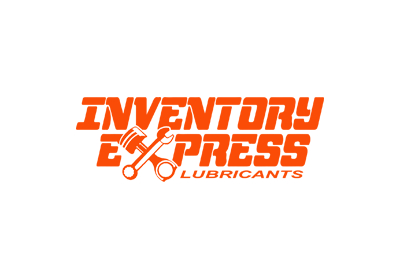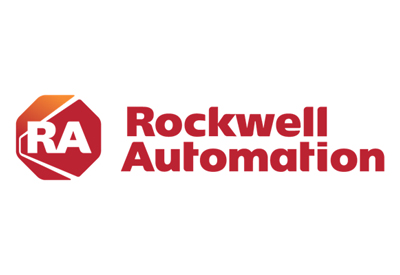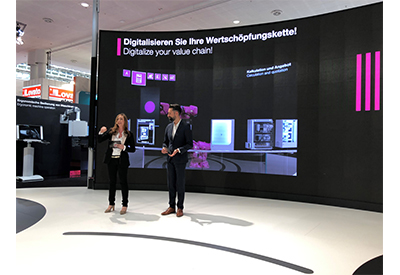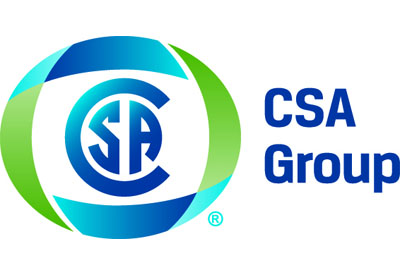Implications of Subpar Oil & Lubricant Maintenance with Terry Wright of Inventory Express

November 9, 2020
By Blake Marchand
Terry Wright is the owner and President of Inventory Express Lubricants out of London Ontario, servicing Southwestern Ontario. They have been in business for 11-years now, although Wright has over 30-years of experience in the industry behind him. Wright started in the oil and lubricant industry as a driver for a family company, working his way through various positions into management.
“I got to see pretty much everything,” he said of the various positions he held, “so when the starters pistol went, I was ready to go.”
By the time the family company was sold, he was ready to move on and started Inventory Express.
What sectors make up your business?
Inventory Express specializes in bulk oil and lubricant delivery across automotive, heavy duty, farming, construction, and industrial sectors.
“We’re probably 60% automotive garages,” Wright said, “we do schools, police departments, defense departments, we do industrial – not as much as I’d like but were getting more and more all the time as we grow.”
Wright noted that looking toward the future of his industry, the industrial sector will be important. Although it may be a few years until we get there, electric vehicles will have an impact on the direction businesses like Inventory Express.
“Everything needs to be lubricated, that’s the blood of any machine. And that’s here to stay. As long as we have machines, even if they’re robotic, they still have to have lubricants. The whole plant needs lubricants.”
What are the implications of subpar oil and lubricant maintenance?
“You get what you pay for, basically, that’s the bottom line. Sometimes you can get away with shopping at the dollar store, other times you come out of there and the product lasts 2 minutes. Lubricants are the same thing. There are advantages with synthetics, and they tend to be more money… some of the more expensive lubes are expensive for a reason.”
“It’s the lifeblood of the company,” Wright said of the importance of providing special attention to industrial machinery, “if the machinery is down you have people sitting around or laid off. With these lubricants, you can’t just go to Wal-Mart and pick it up off the shelf. Maintenance is a big deal, its really important that we use the right products and they’re maintained on a regular basis.”
“For wear and tear, dry start ups, and heat distribution,” are where the advantages are to using synthetic oil, Wright said. Which ultimately comes down to prolonging the life of equipment. Limiting unexpected downtime is a major concern for the industrial sector, he said, and machine health protects against that. As he mentions, lubricant is the lifeblood of machinery, although that can sometimes be taken for granted.
For Wright, maintenance is a big deal. “It’s like the old commercial, pay me now or pay me later. It will catch up with you,” he said with respect to not maintaining regular maintenance schedules.
Industrial supplier, Grainger echoes this sentiment while discussing bearing failures, “The importance of lubrication maintenance is clear: neglect will lead to failures. Small gaps can lead to bigger failures – 40% of all bearing failures can be tied to just poor lubrication. Wear and tear due to inadequate lubrication on parts even this small adds up, with a single bearing failure potentially requiring full shutdown.”
Generally, subpar lubrication practices relate back to knowledge and awareness, with maintenance teams as well as with management. Building quality programs requires investment and the cost benefit analysis will often need to be communicated properly to get the required buy in from management.
Oil and lubrication accounts for a small portion of a plant’s maintenance budget but the implications of inadequate maintenance could account for up to 30% of the maintenance budget. Although, because it is such a small piece of pie, the greater benefit from a financial perspective can easily be overlooked. The total cost of oil and lubrication relates to more than just the cost of oil/lubrication itself or implementing preventative maintenance programs. Its impacts downstream can be seen in overall costs related to maintenance and repair of equipment, even costs associated with unplanned down time can be factored in.
Company Success
A key for Inventory Express’ success is right in the name. Maintaining a diverse range of products and brands goes a long way for customer service.
“As we grow we’re able to offer more and more different products, manufacturers are coming to us, they want to do more and more business with us and when they do that they’re offering better prices, so we can offer that to our customers and grow that line.”
Their growth has been organic, facilitated by Wright’s experience and the experience of the team at Inventory Express. As it is with most small businesses, customer service has been an important focus for Wright and his team. But the expertise has to be there along with it, “anyone can sell a box of oil, but are you sure its going into the right equipment, specially with the heavy duty stuff, you get into some of this construction equipment, these are million dollar units, they can’t afford to say ‘woops, I put the wrong oil in.’ That’s where we come in, we’ve been doing this a long time, all my sales staff have all been doing this for over 20-years.”








